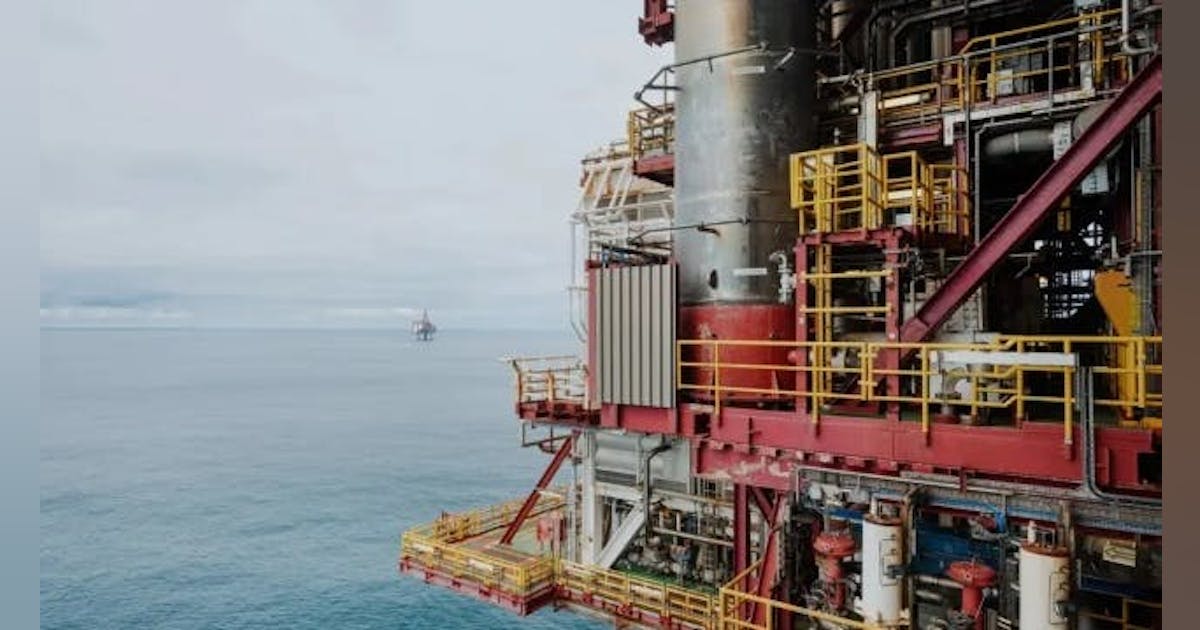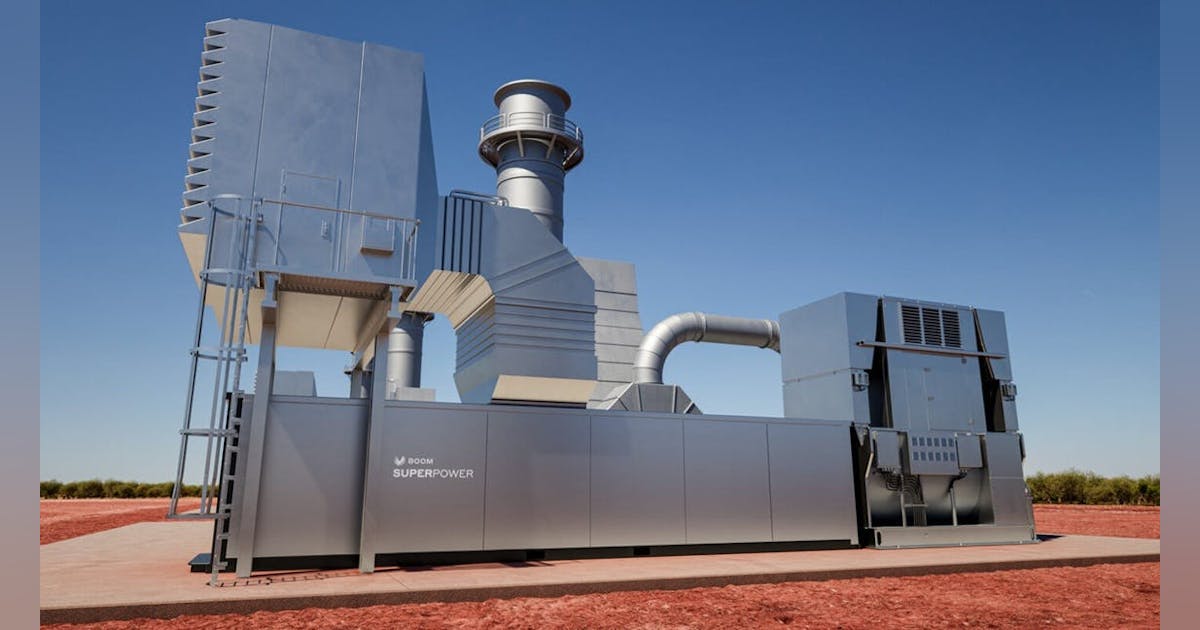The UK and Norway have formalised a green industrial partnership focused on the energy transition amid a week of setbacks for Labour’s clean power goals.
UK energy secretary Ed Miliband travelled to Oslo to sign the deal alongside Norway’s trade and industry minister Cecilie Myrseth and energy minister Terje Aasland.
The two governments first announced the partnership in December last year, stating their ambition to cooperate on carbon capture and storage (CCS) projects.
Alongside CCS, the partnership will also focus on hydrogen, offshore wind, sustainable energy systems, green supply chains and joint efforts on skills development.
The UK government said it will also feature collaboration on the protection of UK and Norwegian offshore infrastructure and reducing barriers to cross-border CO2 storage.
An independent report found that closer cooperation between the UK and Norway could create up to 51,000 jobs and add up to £36 billion to the UK economy.
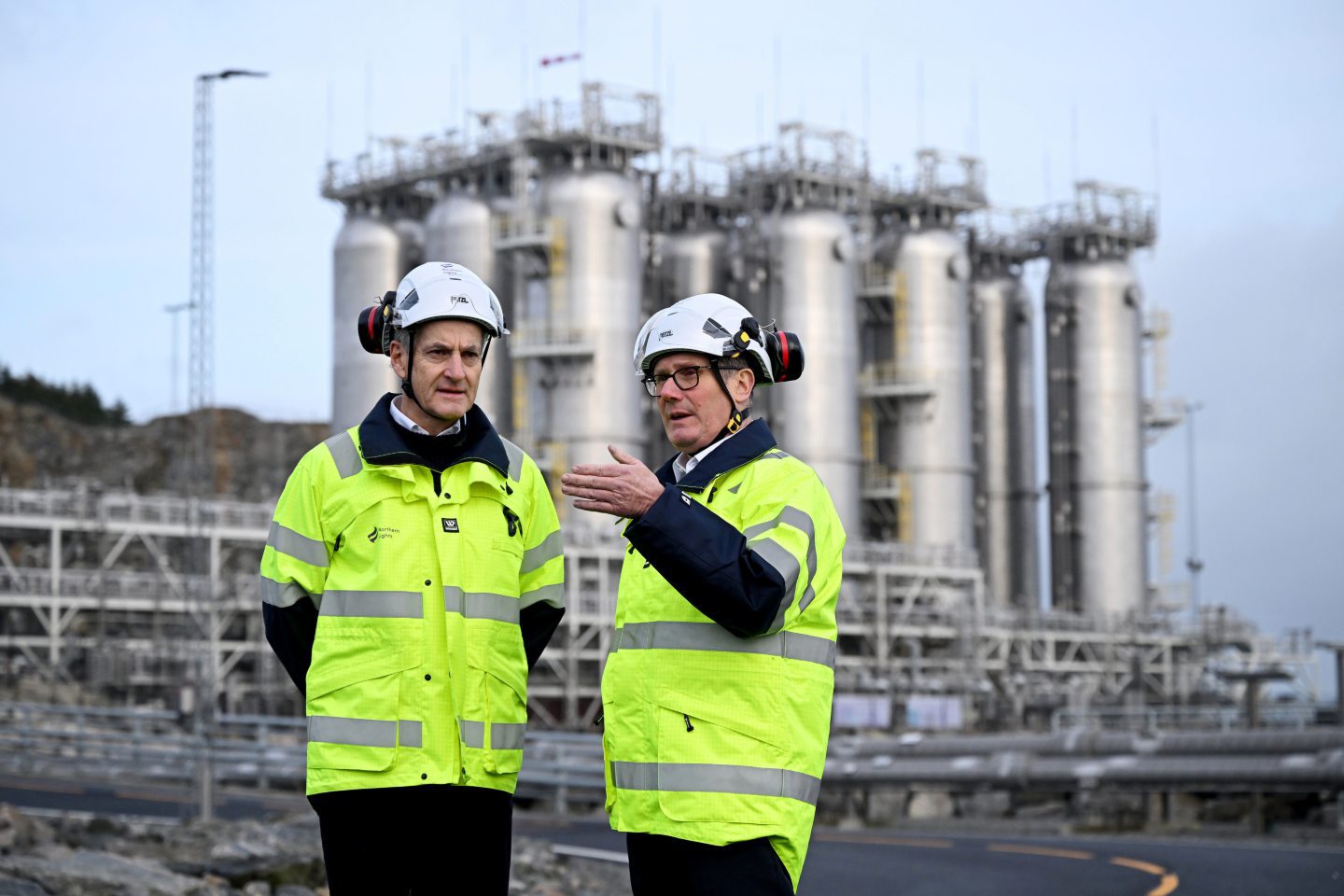 © Leon Neal/PA Wire
© Leon Neal/PA WireThe Norwegian government said the UK is the country’s second-largest trading partner after the EU, with total trade in 2024 coming to approximately £38bn.
More than 200 Norwegian firms operate in the UK, including Equinor, Statkraft Vårgrønn, which altogether employ over 15,000 people.
In a statement, Miliband said that together, Norway and the UK can “take advantage of the opportunities ahead in the North Sea”.
“Energy security is national security – and only by working with key partners like Norway can we accelerate clean power that we control, getting us off the rollercoaster of fossil fuels in these unstable times,” Miliband said.
Meanwhile, Aasland said the two countries “have a unique relationship in the energy sector, characterised by innovation and close cooperation across the North Sea”.
Myrseth said by combining their strengths, Norway and the UK can “create jobs, develop new industries, and enhance our competitiveness”.
Norway and UK carbon capture ambitions
Both Norway and the UK are investing heavily in fostering a CCS industry, with early-stage projects beginning to take shape.
In Norway, state-owned energy giant Equinor is progressing the Northern Lights CCS project alongside London-listed Shell and France’s TotalEnergies.
Meanwhile in the UK, the Labour government has committed £22bn in funding for two major CCS projects in northern England.
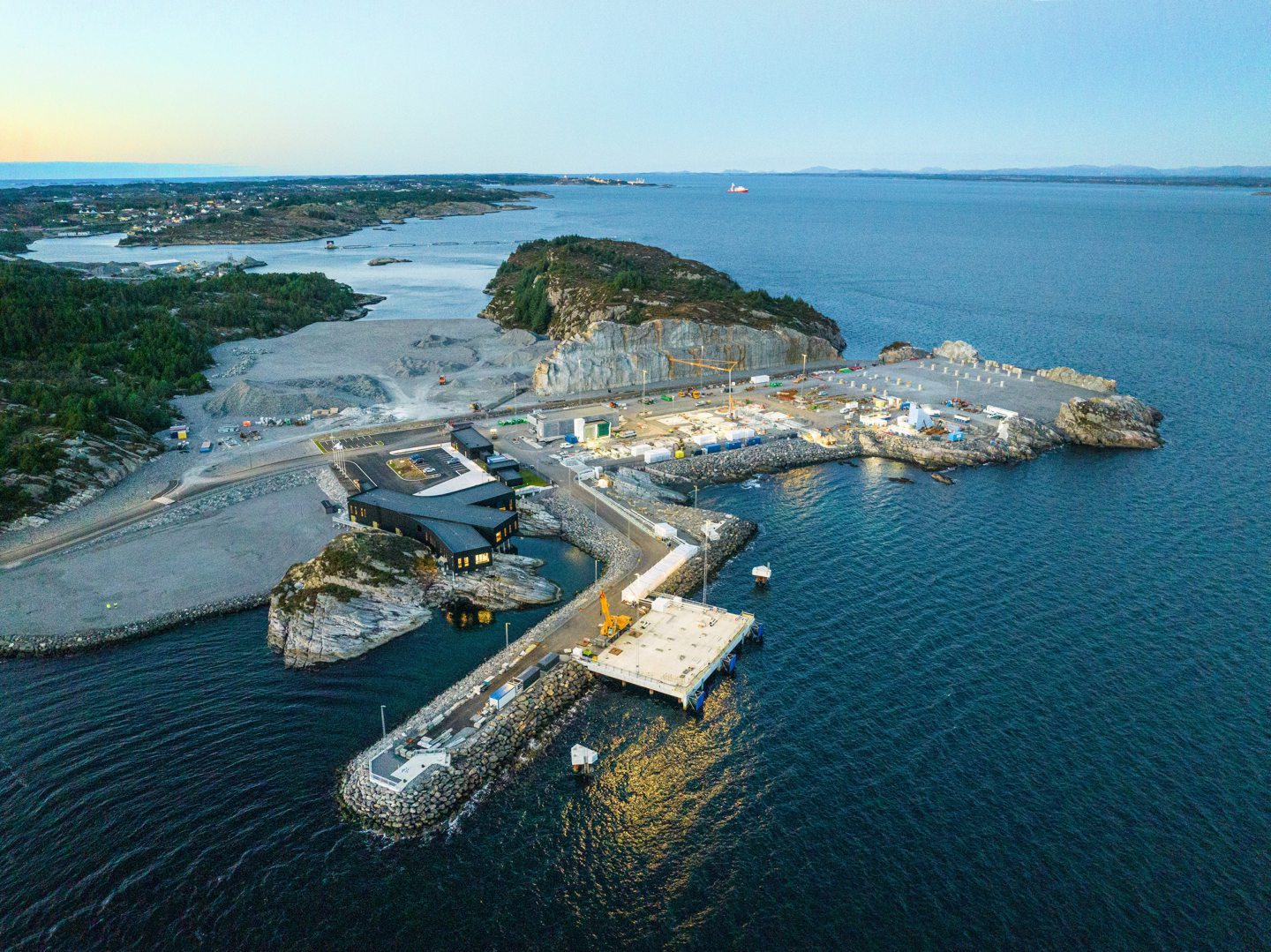 © Supplied by Tanks arriving at No
© Supplied by Tanks arriving at NoEquinor is partnering with BP on the Northern Endurance Partnership in Teesside and the Humber, while Italian firm Eni is advancing the HyNet project in Liverpool Bay.
But the fast progress Norway has achieved on cross-border CO2 transport has led to concerns that the UK is falling behind its North Sea neighbour in developing a CCS sector.
UK energy transition
It comes as North Sea operator Harbour Energy announced it will cut 250 jobs from its Aberdeen headquarters, partly as a result of “repeated delays” and funding uncertainty for its second-stage Viking CCS project in the Humber.
The UK government has attracted strong criticism from the offshore oil and gas sector over its fiscal and regulatory policies, including the windfall tax.
Despite its vow to decarbonise the UK electricity grid by 2030, Labour is also facing challenges in the offshore wind and energy storage sectors.
Danish developer Ørsted this week announced it will discontinue construction on its 2.4 GW Hornsea 4 offshore wind project off the coast of Yorkshire.
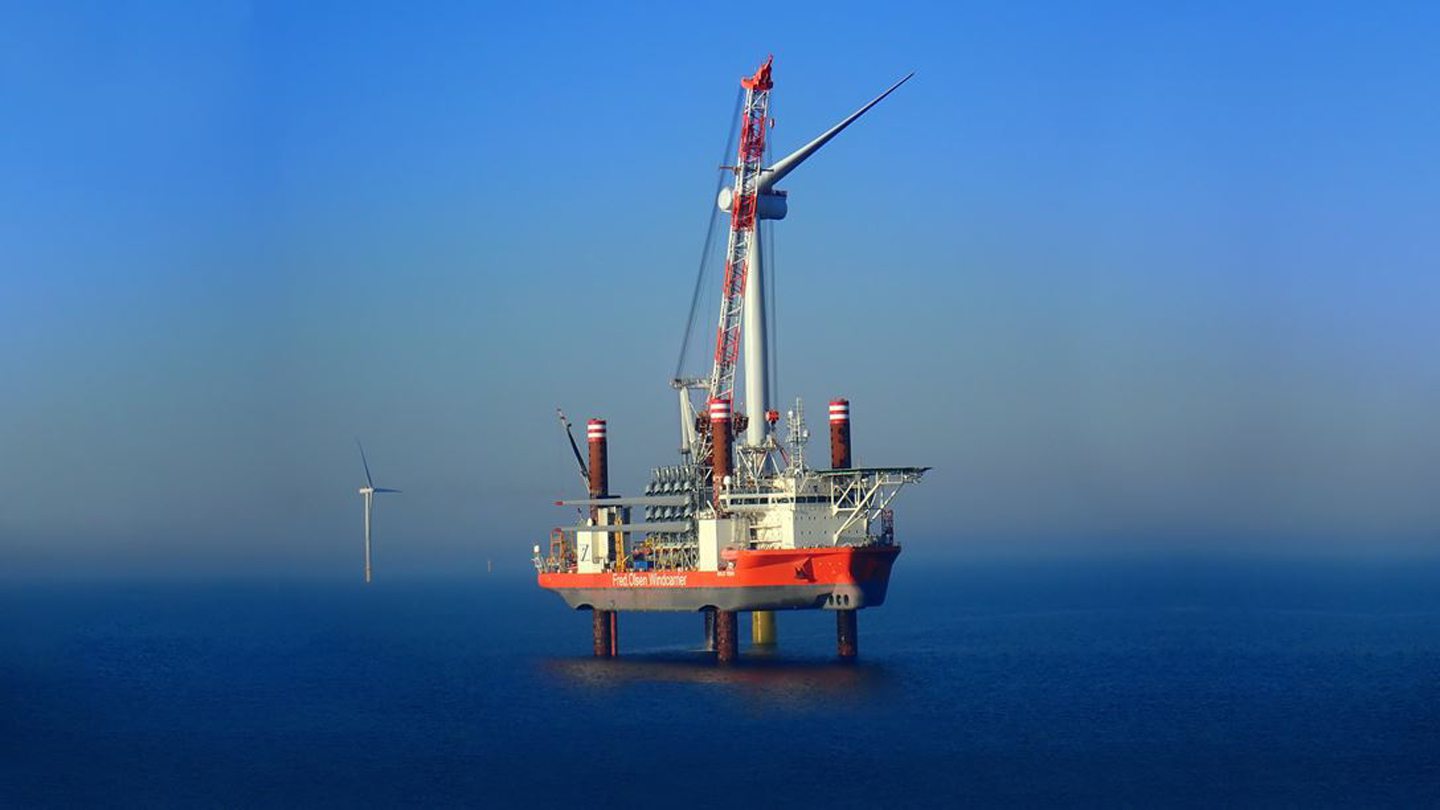 © Supplied by Fred Olsen Windcarie
© Supplied by Fred Olsen WindcarieØrsted said the project has seen “several adverse developments” since the company secured a subsidy contract for Hornsea 4 in the UK’s sixth renewable energy auction.
The uncertainty in the offshore wind market has also impacted supply chain firms. Last week, Bristol-based subsea technology company Beam collapsed with the loss of 162 jobs.
Labour’s ambitions on long-duration energy storage also took a hit as Drax announced it will not submit its Cruachan II pumped storage hydro project into a flagship revenue support scheme.
Amid these challenges, the Spanish-owned ScottishPower announced a £600m boost from the National Wealth Fund to progress transmission projects, as part of a wider £1.3bn investment.
Norway backs its oil and gas industry
Although Norway and the UK are working towards closer cooperation within the energy transition, the Nordic nation’s Labour-led government is taking a starkly different approach.
In a recent interview with UK media, Aasland said Norway has a “totally different view” towards its oil and gas sector compared to the UK’s Labour government.
“We want to develop [the North Sea] for the long-term, because the oil and gas industry and the service industry is really important. It saves jobs and creates a lot of value for Norwegian society,” Aasland said.
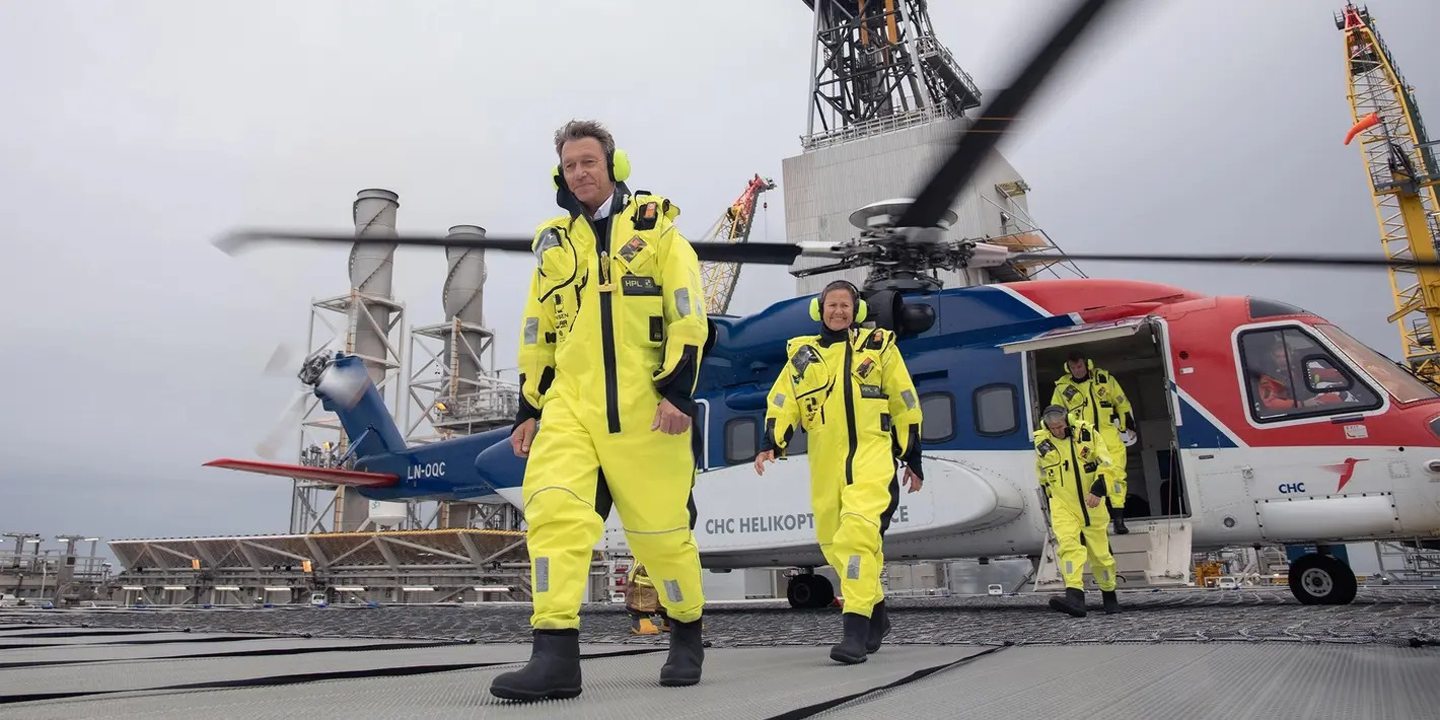 © Supplied by Ole Jørgen Bratland
© Supplied by Ole Jørgen Bratland“I think in the UK, the oil and gas industry has contributed in just the same way – until now.”
Last year, Norwegian firm Equinor told Energy Voice that while changes to the Energy Profits Levy (EPL) windfall tax would not impact projects like its Rosebank development, it could jeopardise up to £10bn of future investment.
Equinor vice president for exploration and production international Philippe François Mathieu warned that uncertainty within the UK’s fiscal regime will “weaken the investment risk appetite that companies like Equinor have”.
“We have seen quite frequent changes in the fiscal regime in the UK and we have seen, to be to be to be frank, much more stability in all of the jurisdictions where we operate so that is a reality,” he said.
UK oil and gas firms have also looked to Norway for stability in recent years.
North Sea operator Kistos hailed the “strong investment environment” in Norway, while Harbour Energy has also increased its focus on international investment.
Some operators, including Apache and Chevron, have simply decided to leave the UK North Sea altogether.





